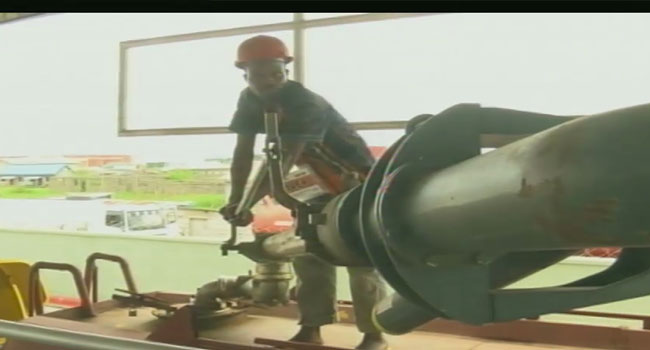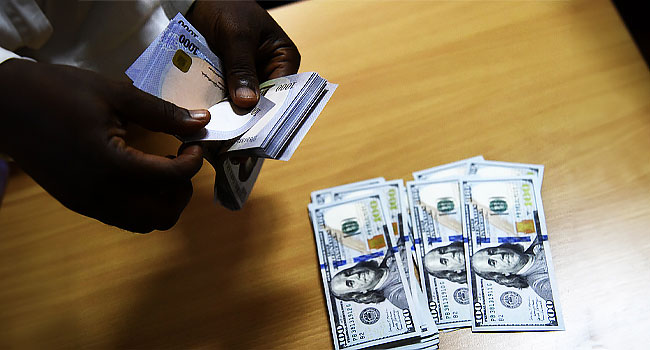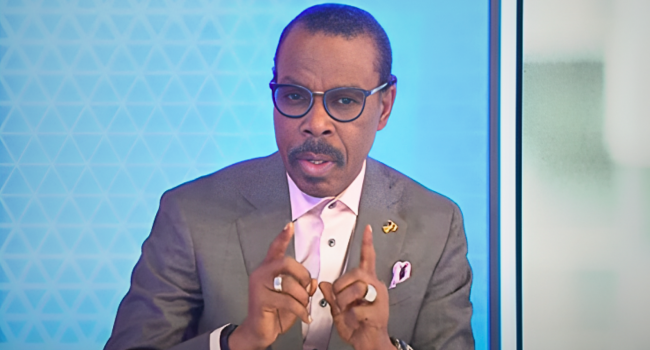
The Minister of State for Petroleum Resources, Dr. Ibe Kachikwu, on Wednesday announced the new price and also an opening of importation to independent marketers and any Nigerian entity.
In a statement on Friday, Vice President Yemi Osinbajo gave further explanation about why the government made the decision which critics said carried with it ‘hardship’.
He said: “I have read the various observations about the fuel pricing regime and the attendant issues generated. All certainly have strong points.
“The most important issue of course is how to shield the poor from the worst effects of the policy. I will hopefully address that in another note”.
Professor Osinbajo explained that the real issue was not a removal of subsidy, pointing out that with $40 a barrel there was not much of a subsidy to remove.
He stressed that local consumption of fuel was almost entirely imported and that the Nigerian National Petroleum Corporation (NNPC) exchanged crude from its joint venture share to provide about 50% of local fuel consumption.
“A Foreign Exchange Problem”
“The remaining 50% is imported by major and independent marketers.
“These marketers up until three months ago sourced their foreign exchange from the Central Bank of Nigeria at the official rate. However, since late last year, independent marketers have brought in little or no fuel because they have been unable to get foreign exchange from the CBN.
“The CBN simply did not have enough. (In April, oil earnings dipped to $550 million. The amount required for fuel importation alone is about $225million!),” the Vice President explained.
He stated that the NNPC had tried to cover the 50% shortfall by dedicating more export crude for domestic consumption.
The Vice President further said that “besides the short term depletion of the Federation Account, which is where the FG and States are paid from, and further cash-call debts pilling up, NNPC also lacked the capacity to distribute 100% of local consumption around the country. Previously, they were responsible for only about 50%. (Partly the reason for the lingering scarcity).
“We realised that we were left with only one option. This was to allow independent marketers and any Nigerian entity to source their own foreign exchange and import fuel. We expect that foreign exchange will be sourced at an average of about 285 Naira to the dollar, (current interbank rate). They would then be restricted to selling at a price between 135 Naira and 145 Naira per litre”.
Like the Minister, Professor Osinbajo also expects that with competition, more private refineries, and NNPC refineries working at full capacity, prices will drop considerably.
“Our target is that by Q4 2018 we should be producing 70% of our fuel needs locally. At the moment even if all the refineries are working optimally they will produce just about 40% of our domestic fuel needs.
“This is therefore not a subsidy removal issue but a foreign exchange problem, in the face of dwindling earnings,” he reiterated.




